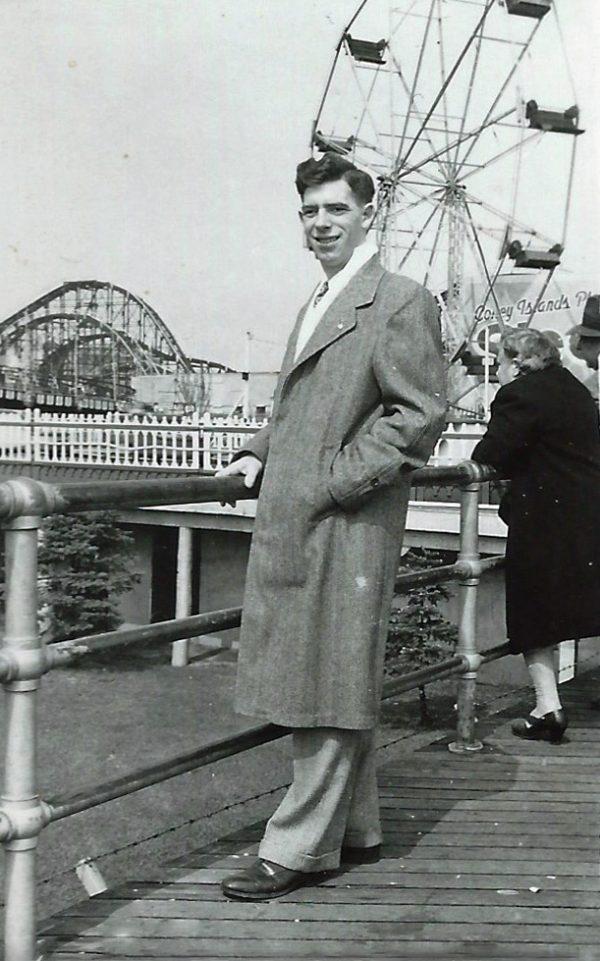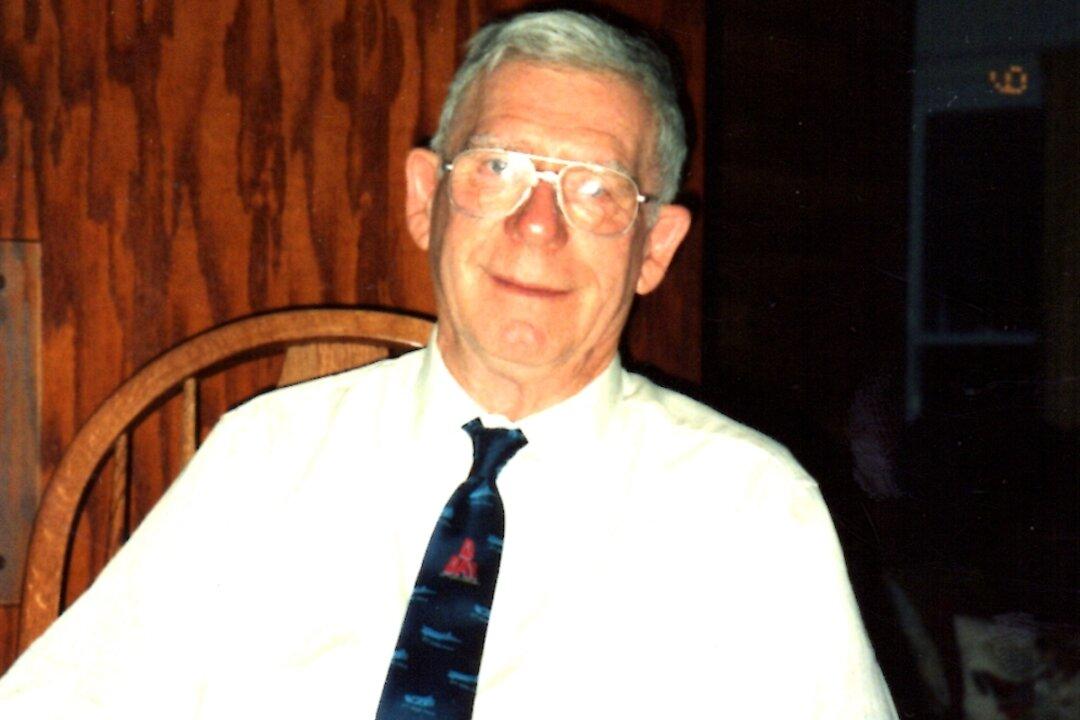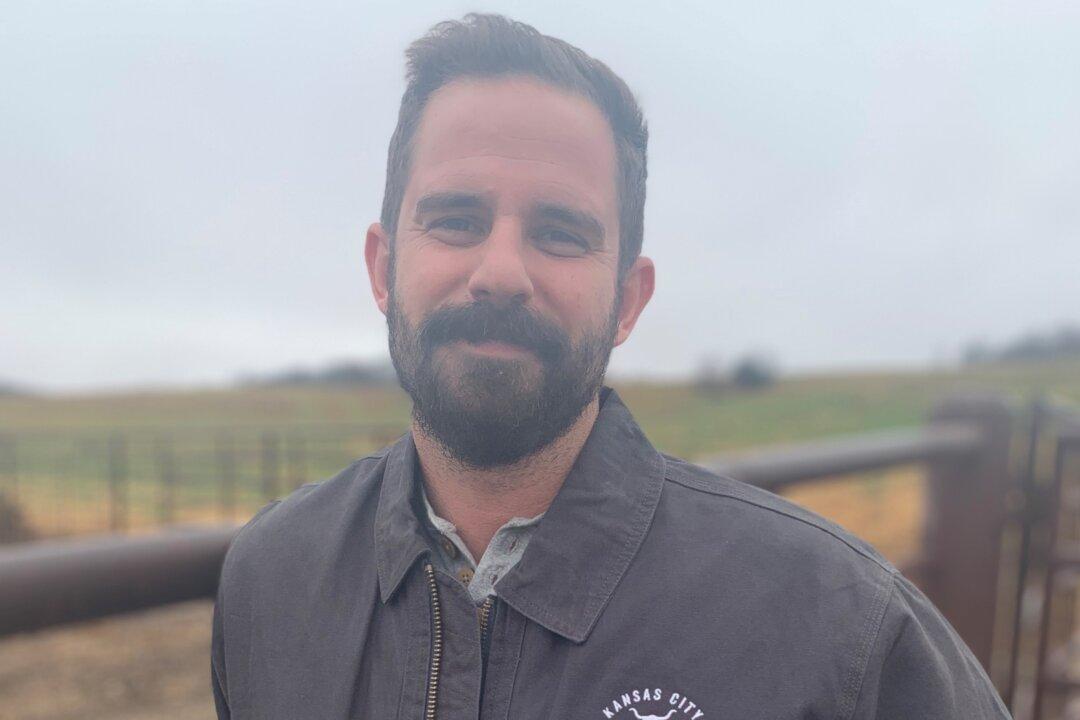The holidays are a time to relax with friends and family, to be grateful for all of the good we have in our lives. However, our nation’s servicemen and women often don’t have the same luxury and spend their holidays deployed protecting the country. In his recent memoir, “A Tourist in Uniform,” Art Schmitz, a 95-year-old World War II veteran from Milwaukee, Wisconsin, recounts Christmas Eve 1944, which for him was just another day trying to survive.

Art Schmitz at Coney Island in New York. Courtesy of Larry Schmitz






